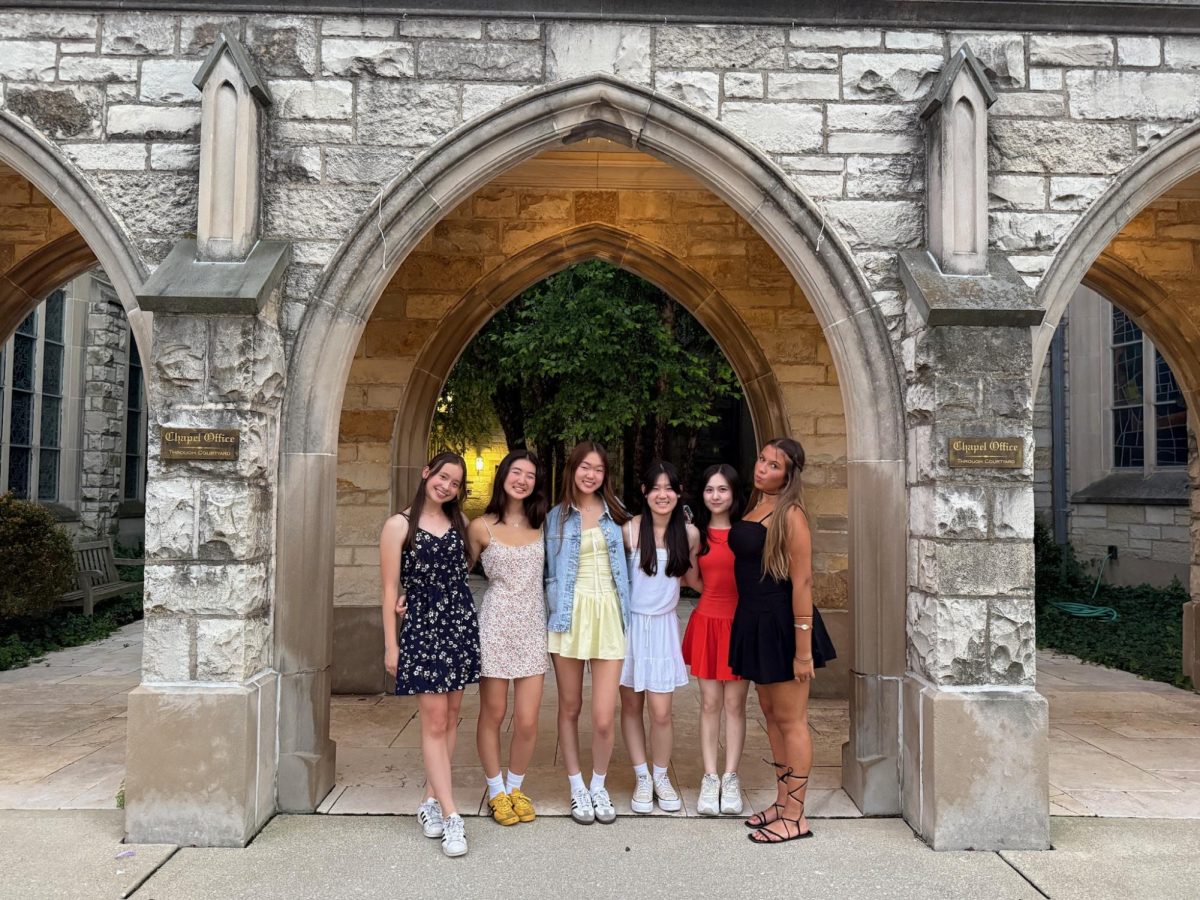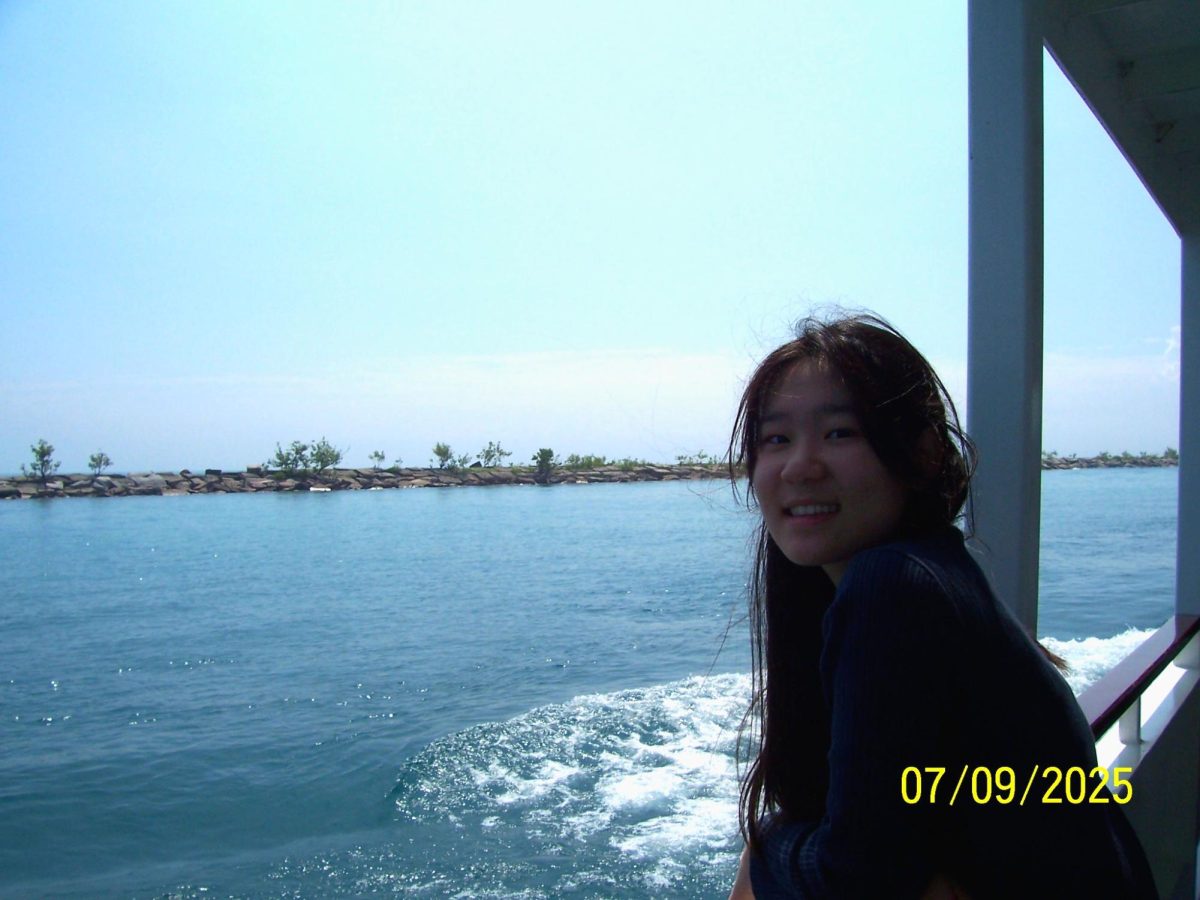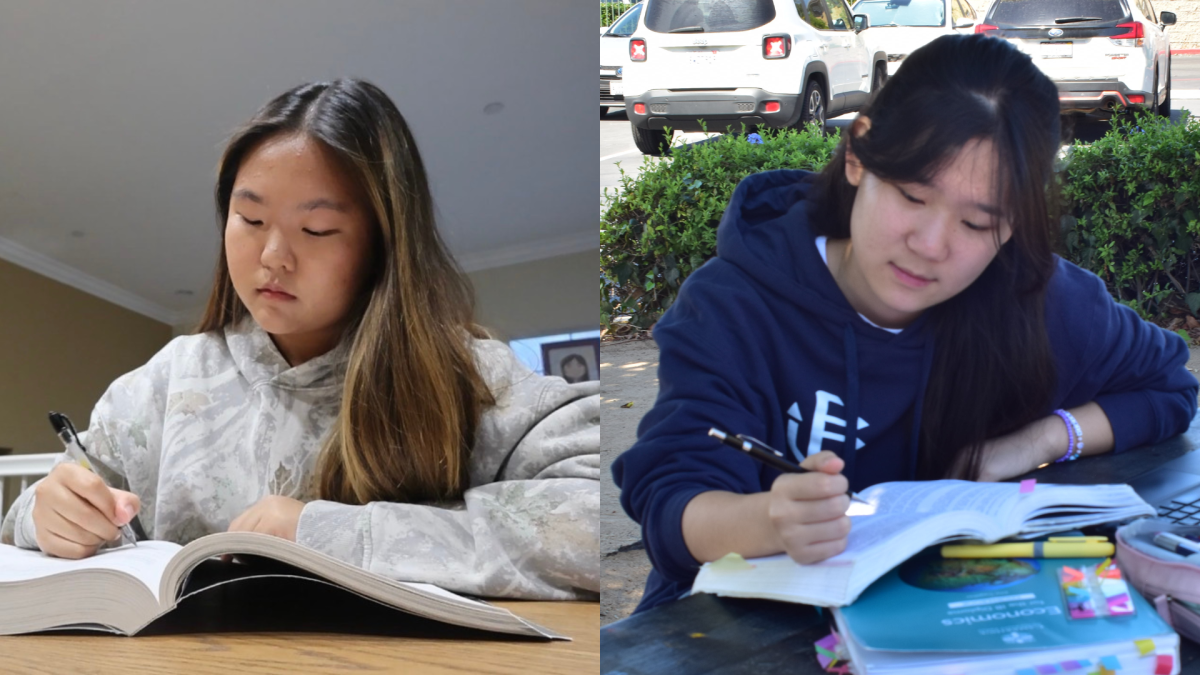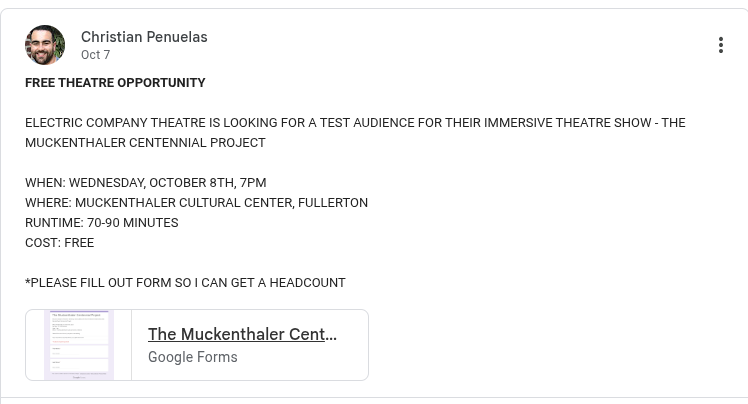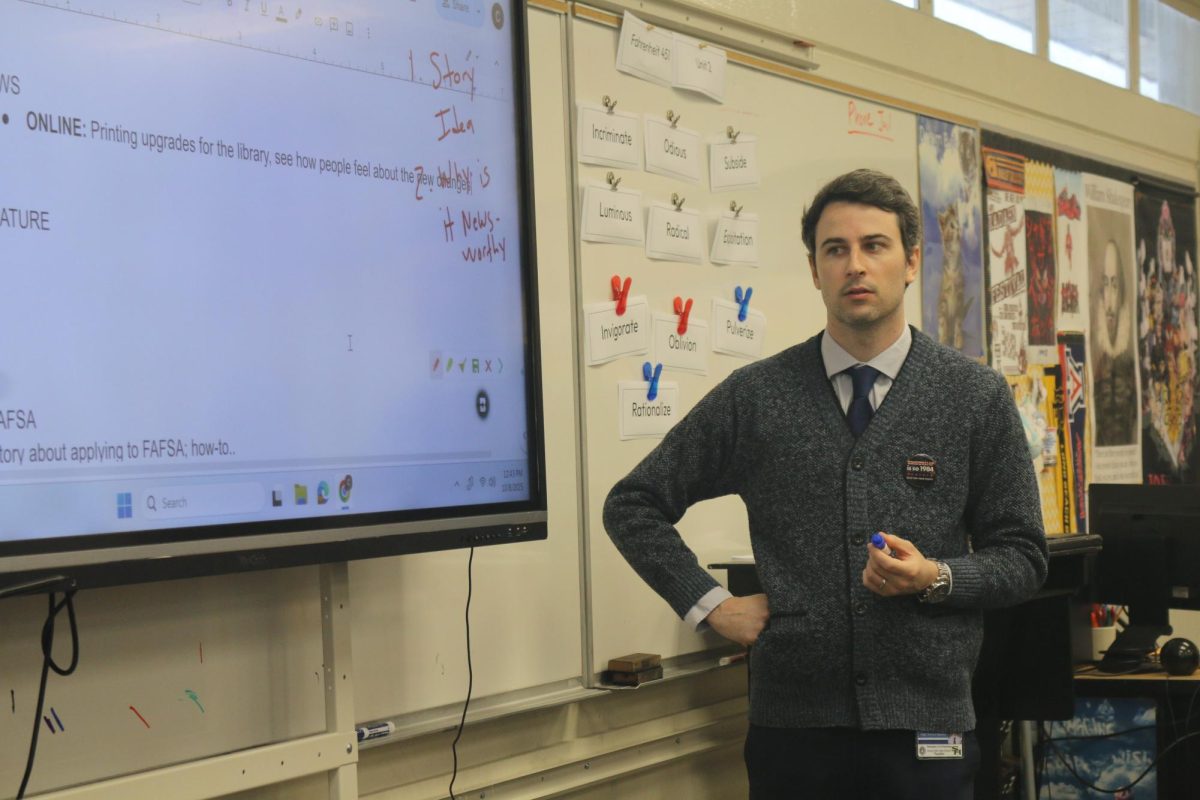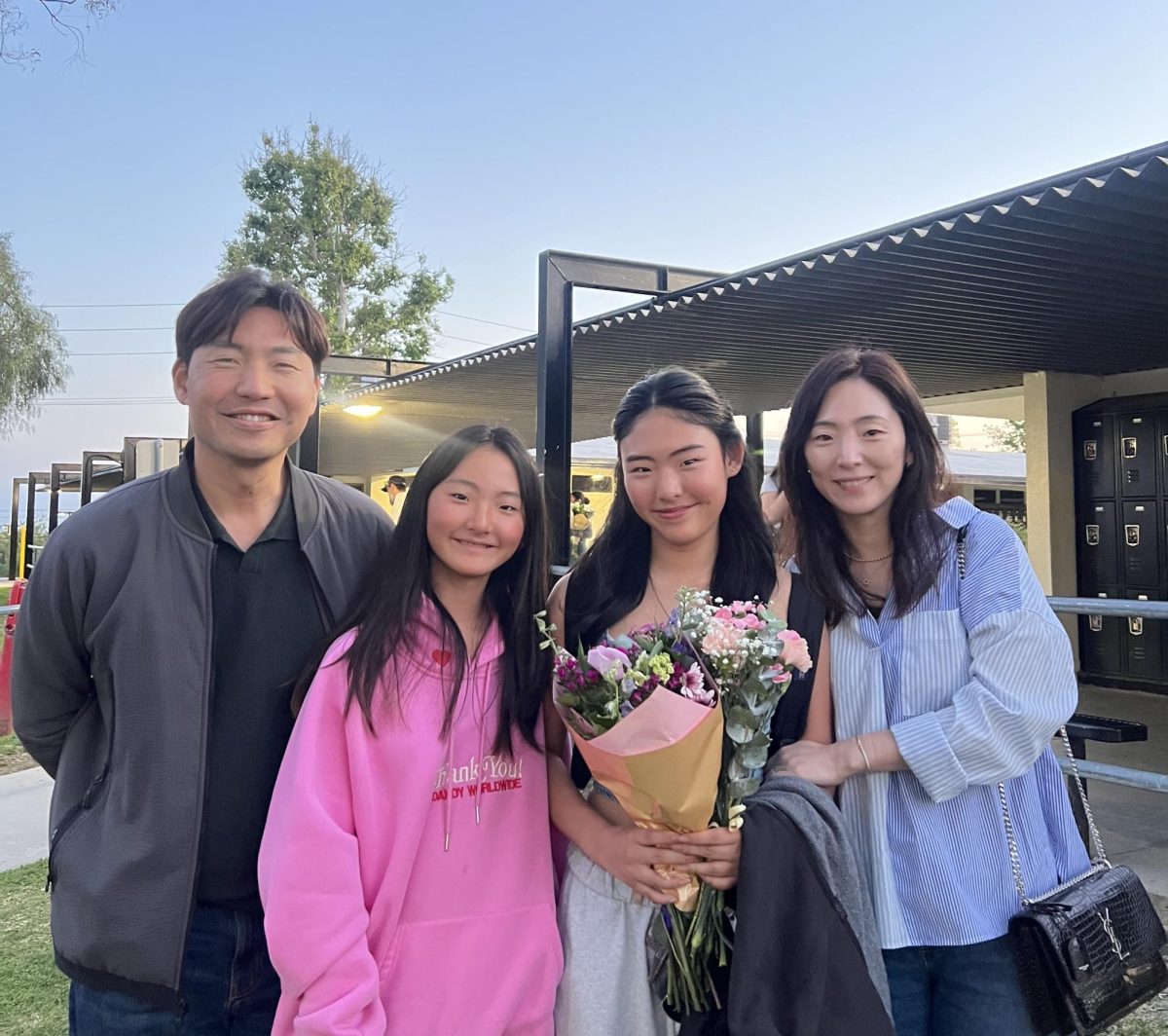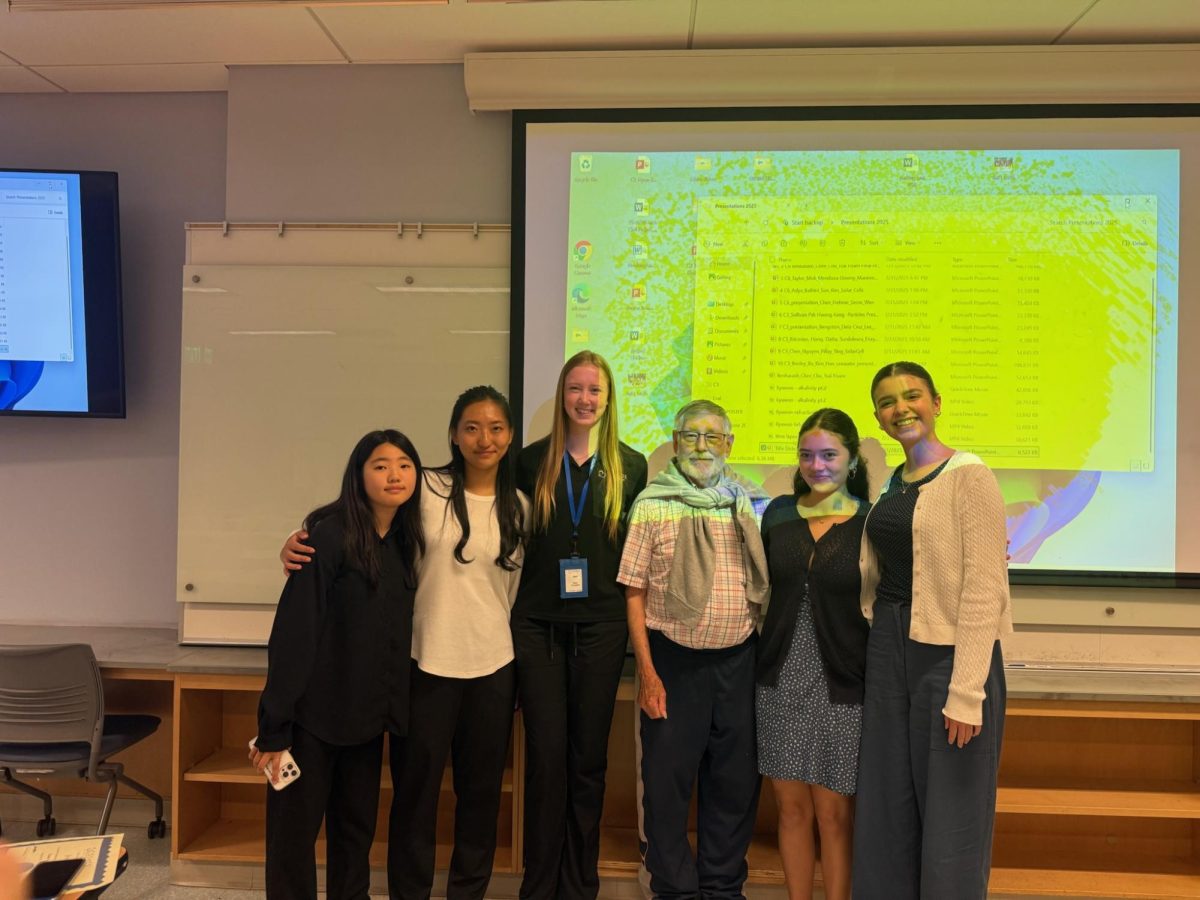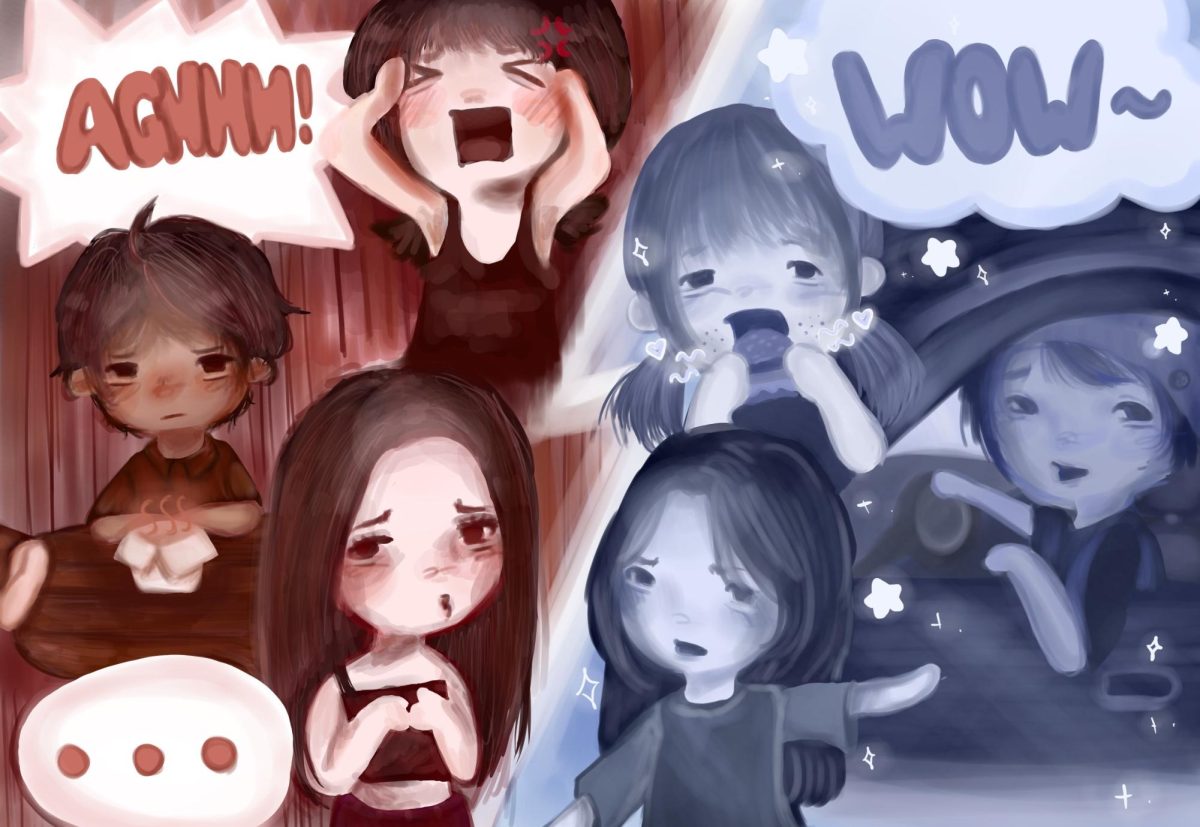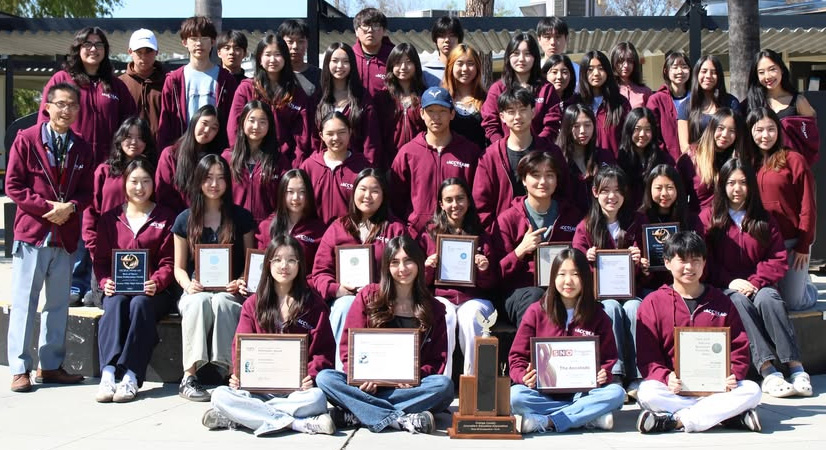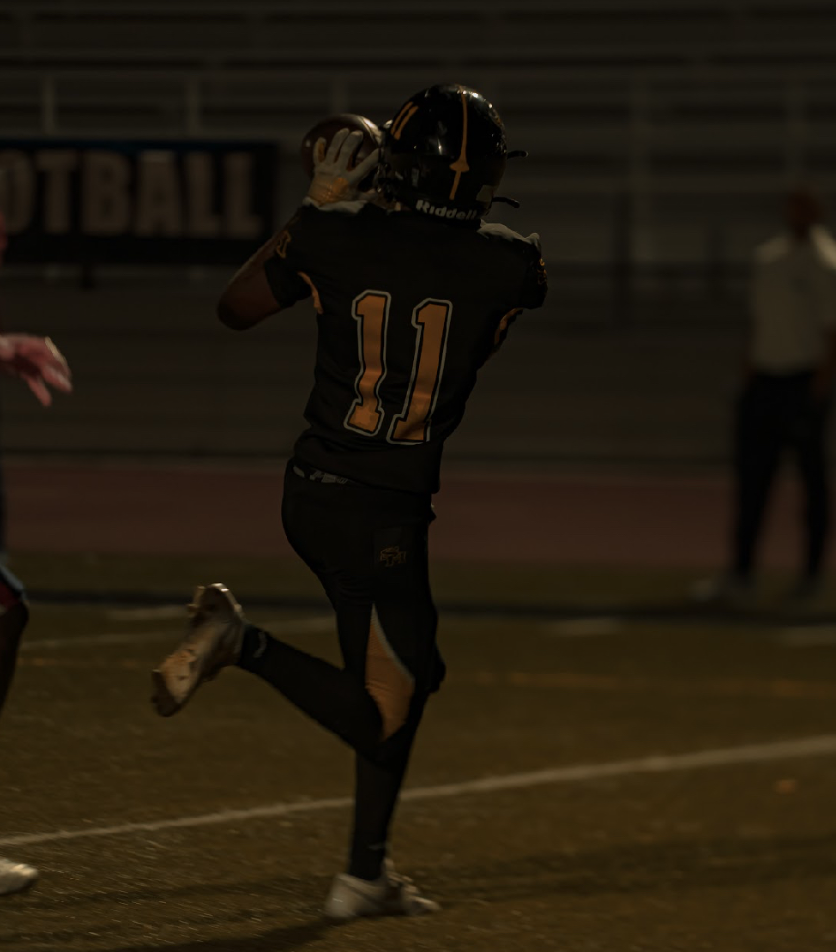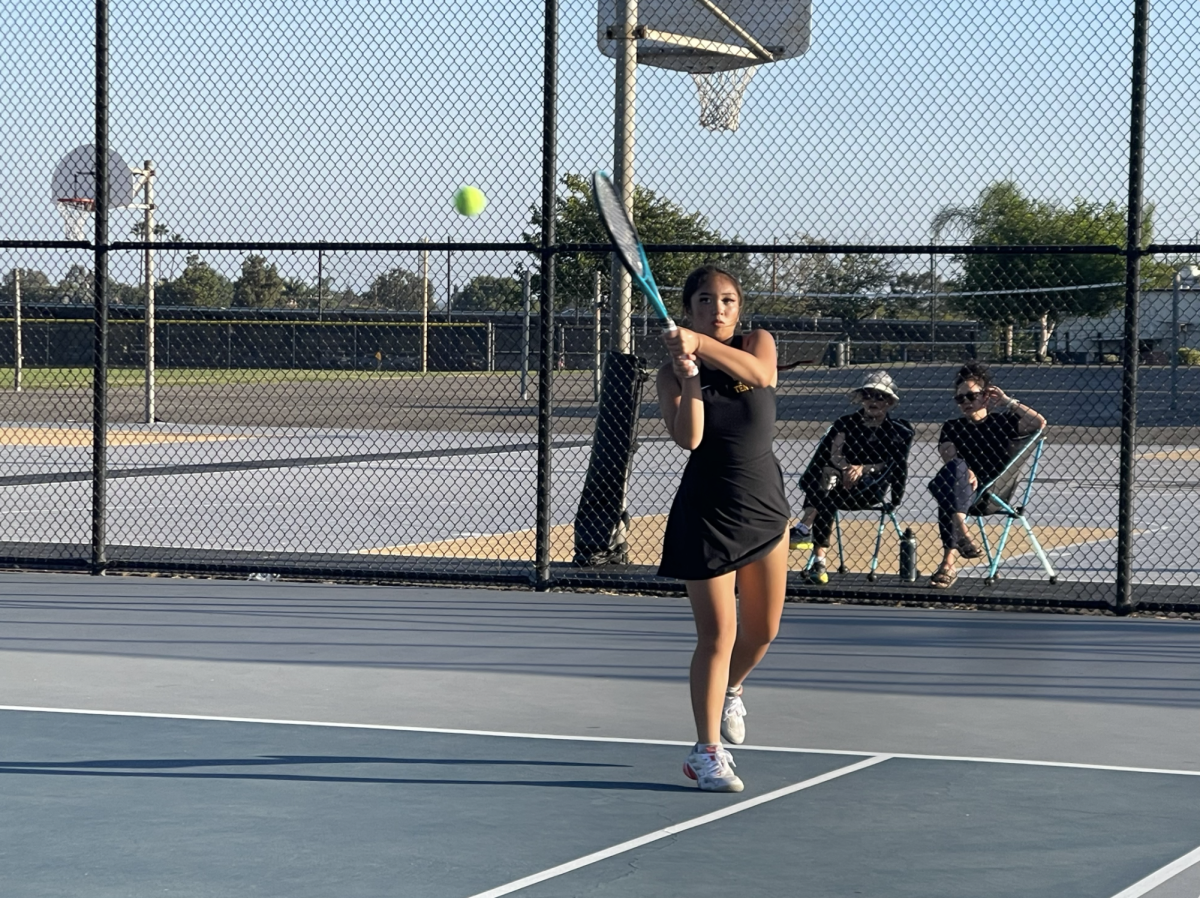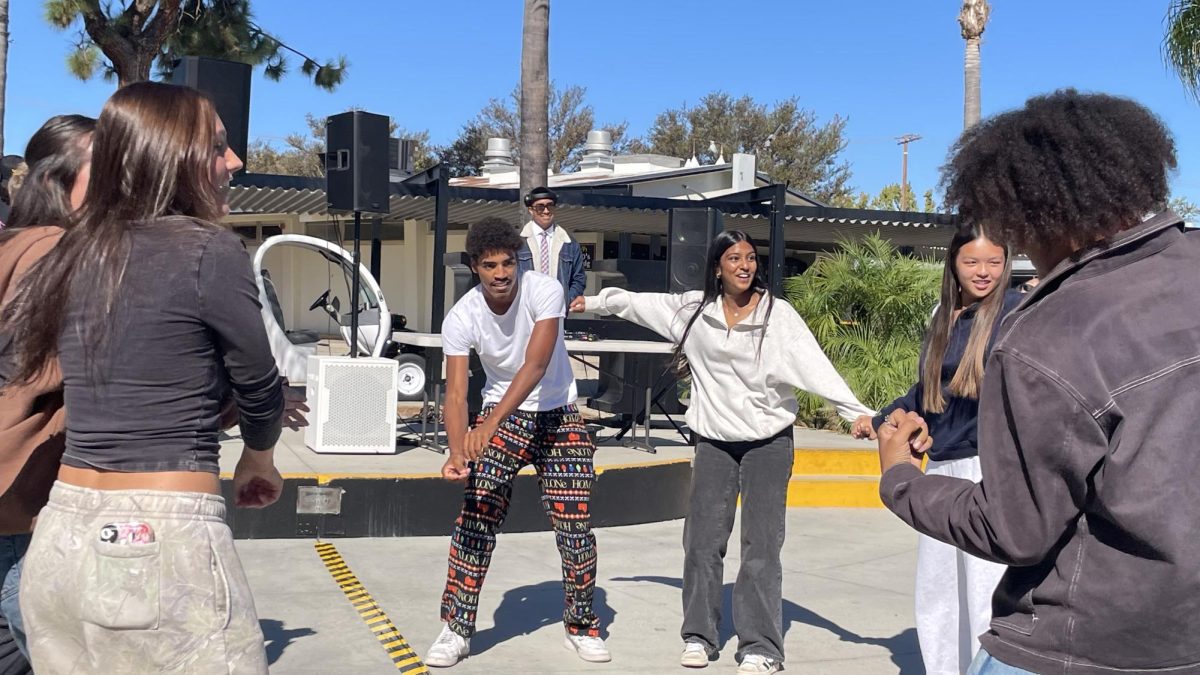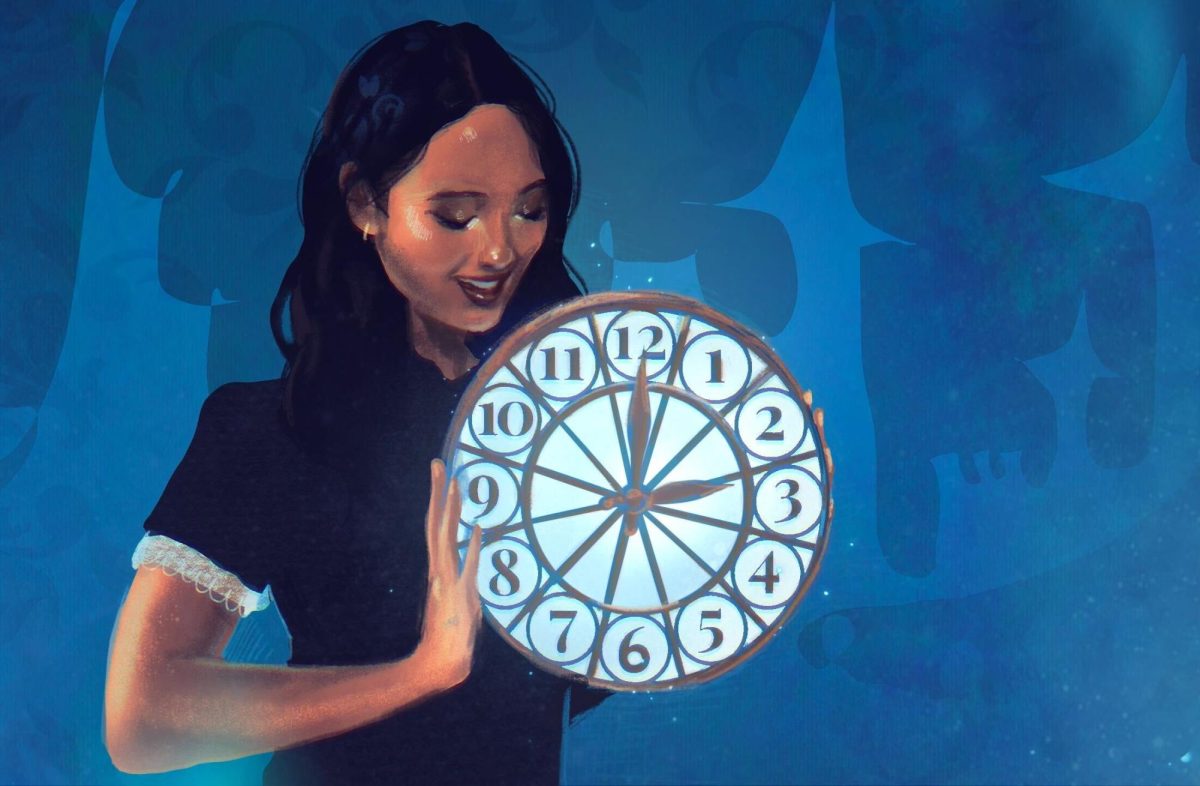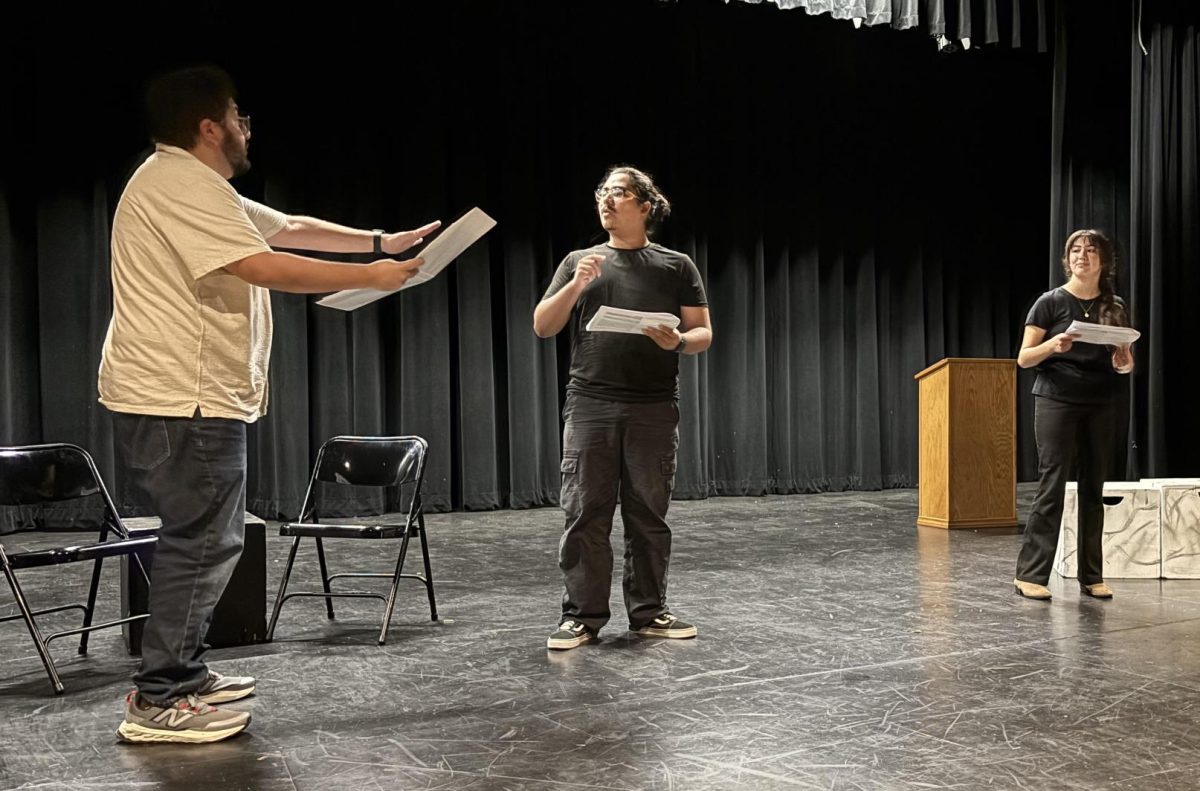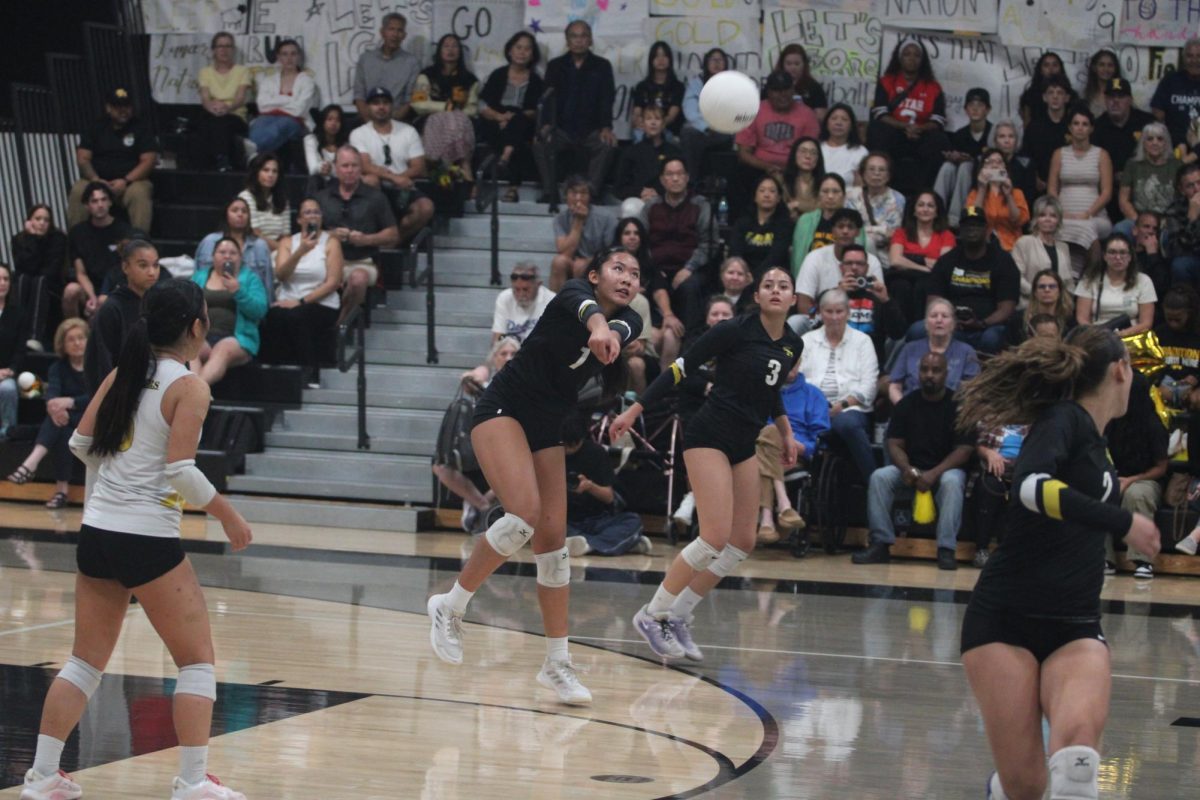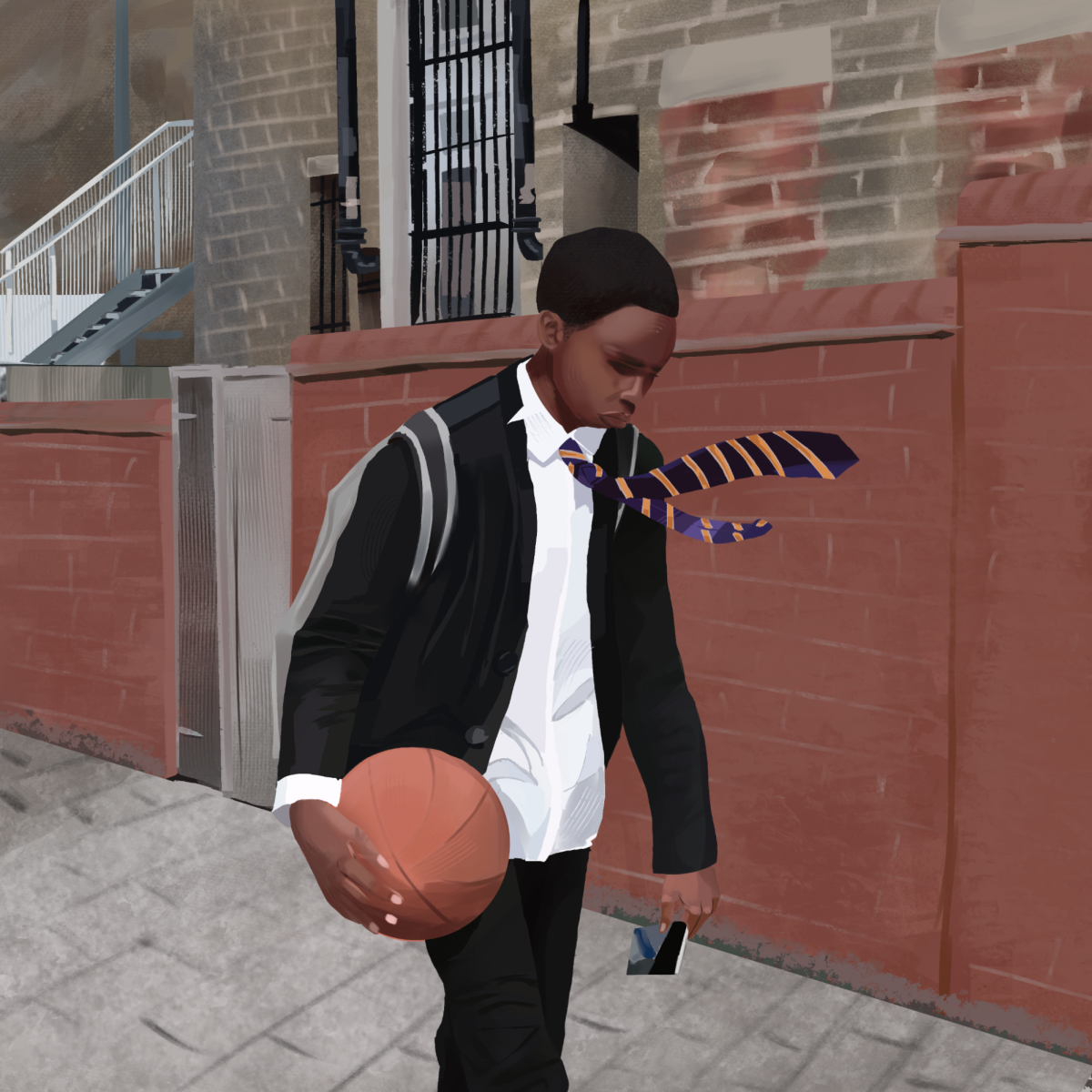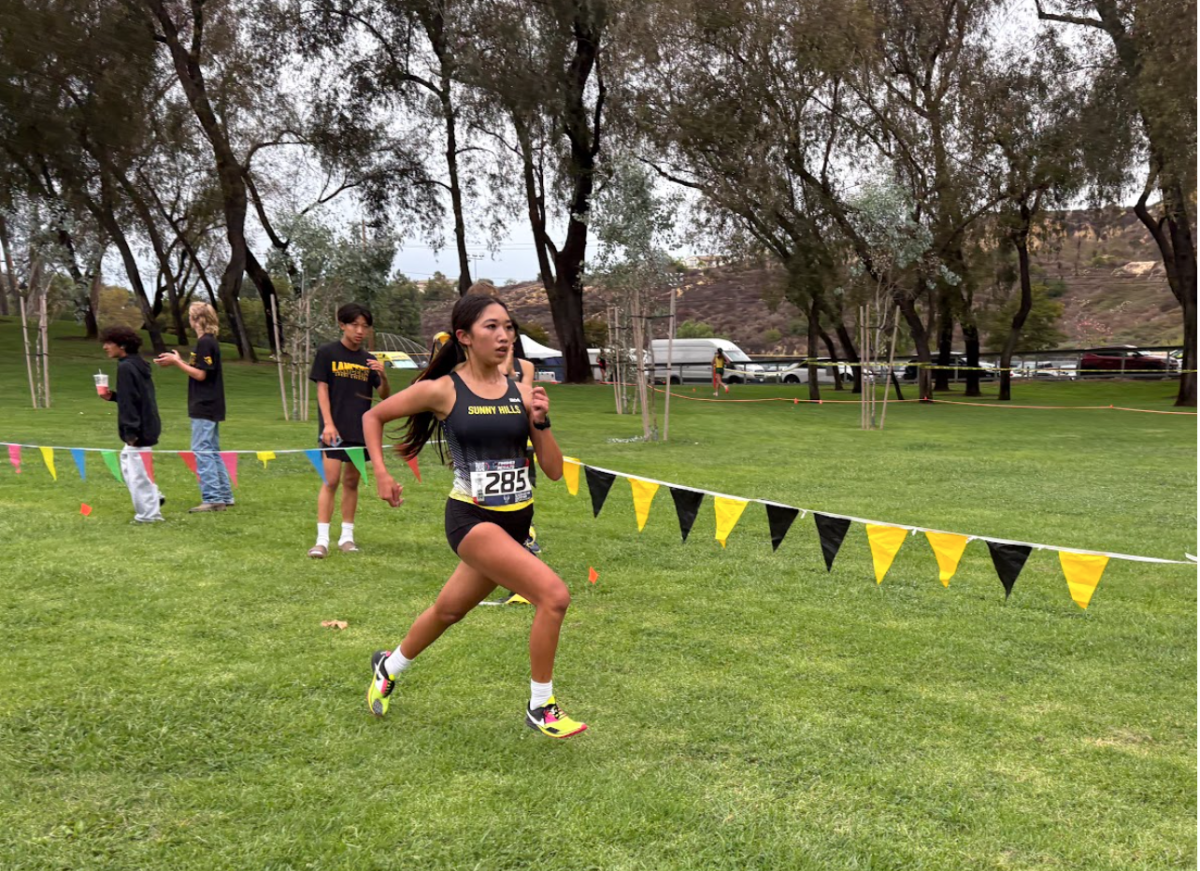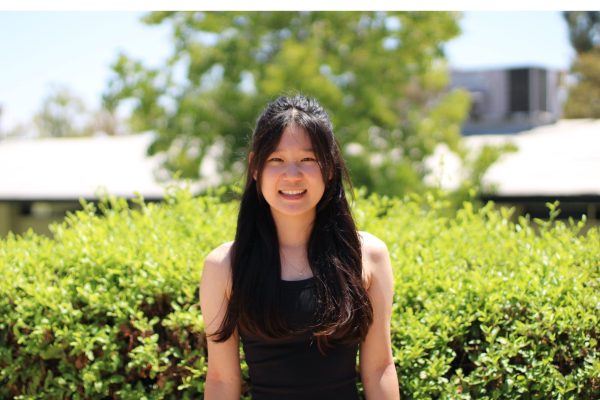I opened the mailbox on a fateful morning and was greeted with a thick, white envelope.
It was addressed to me from Roger Boye, the director of the Medill-Northwestern Journalism Institute, to whom I had sent my Medill Cherub summer program application in February.
I had completely forgotten about it. The camp I was practically dying to go to.
Unable to open it myself, I took it back to my mom so that we, in great anticipation, could unveil the results together.
“CONGRATULATIONS!”
That was the first word I read, and before I even peeked at the next few lines, I was already brainstorming what to pack: a portable fan, my favorite crop top, an umbrella and of course, a couple of past magazine issues to share.
The Medill Cherub Program is well-known within The Accolade; in fact, two former editors attended the program and gained experience in working with media and developed their writing voice.
As a summer camp offered by Northwestern University’s School of Journalism, the Cherub program supplies rising high school seniors with the opportunity to attend classes in-person and learn skills. Some classes focused on topics such as writing breaking news, conducting street interviews, producing broadcasts and making media elements like audio packages and photos.
The application itself was not tedious, but I had my own share of worries about the camp being competitive, given that only 90 students were selected worldwide.
I’m just a regular Asian kid from California.
Am I even unique or qualified enough for this?
But there’s nothing to lose if I just try.
Along with some basic information and a list of my activities, I wrote a short essay about my interest in the program. I sent my final application in the mail to Professor Boye’s address by March 6.
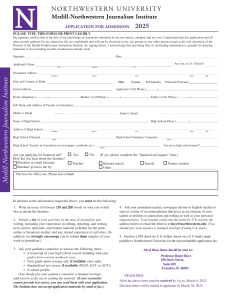
I applied to learn more about journalism for myself, but also to discover what new techniques or methods I could bring back and implement for our school publication; after finding out I was the editor-in-chief of The Accolade in mid-May, I was even more determined to use the four weeks to prepare myself for the writing and leadership responsibilities of my position.
Reading that letter, being recognized as one of the selected 90, I was awed but faced again with imposter syndrome. Was I really as great as these applicants, some of whom were coming from around the globe? I just wanted to learn to be a leader, improve my writing and become a better journalist. I wasn’t sure if I lived up to the standard, and it wasn’t an answer I was going to receive any time soon, not even now. All I knew was that I wanted to prove myself and do good work, and I could already see the endless pages of notes I would be bringing back.
I arrived at Jones Hall with my luggage and my dad on June 29, who had come to help me set up my dorm room. Once I arrived, I saw my name on the door, as well as my roommate’s. Initially, the room was bare but was roomy with all the essentials: a simple storage bed with cabinets under the mattress, a small desk with a light and a closet. While we were encouraged to work on our stories with our peers, that light came in handy for the solo late-night sessions before the deadline.
My roommate showed up later that day, and we assembled the pieces of our room. She taped a collage of photos onto her wall, a hint of home and memories. On my side, the five plushies stacked against my pillows, as well as the posters on my wall, were a welcoming sight. We didn’t know each other, but we bonded quickly, overcoming our homesickness for our love of journalism.
And though I was sad to see my dad leave, I faced the following weeks with a newfound vigor to learn and grow.
Every day was a new and exciting challenge. For the first day, it was surviving the walk to and line for Sargent Dining Hall. The second day, it was battling the brutal humidity. And as for the third, it was making it to class on time without jaywalking.
However, as I adapted to my surroundings, I met peers from different states and countries, making new friends and connections I would have never dreamed of. As for recreational activities, there was always Evanston to explore or Lake Michigan to wade in.
Aside from my peers, the daily support of the four invaluable Community and Academic Associates [CAAs] and the tireless feedback from the instructors made every grueling walk to class easier.
- 7:45 a.m. Breakfast
- 9 a.m. Morning lecture
- 11:15 a.m. Lunch
- 1 p.m. Afternoon lecture and assignment review
- 5 p.m. Dinner
- 7 p.m. Evening class
- 10 p.m. Dorm curfew
- 11 p.m. In-room curfew
Every class was an experience to practice my skills or gain new ones, and though I was excited to write breaking news stories, the mention of street interviews caught my eye during my application process. I was excited, but also worried at the thought of having to interview random strangers in town.
But the day of our assignment, I never felt more energized as I ran around Evanston for over an hour, interviewing 10 people about their opinions on the TikTok ban. And I still remember the pride I felt after my teacher noted that I had a quote from a 12-year-old “with more substance than most adults in all 11 pieces.”
It was only just the start of camp, but it was my first taste of true journalism, and I only wanted more.
Throughout it all, I learned the fundamentals of journalism along with the little intricacies of ethics and interviewing techniques. I ended up improving more than I expected with photography, and some of my photos even got published in my peers’ stories.
My teachers also repeatedly emphasized the importance of deadlines, as the “9 o’clock news goes on at 9 o’clock.” This program filled me with love for journalism, and I was prepared to bring that passion and joy back to The Accolade.
But before I knew it, it was the last week and the goodbyes had already begun. It wasn’t even the final day of camp, but my friends and I were already tearing up while looking at each other.
The morning, afternoon and dinner classes weren’t easy, and writing the Fourth of July story and the trend story assignment was grueling at times. With a new assignment came days of phone calls, scribbled notes and frantic typing on Google Docs until the deadline. But the little moments of laughing together in the basement lounge, the group get-togethers in a cramped dorm room meant for two or running through the impromptu rain after a morning class made each day special.
My group instructor always said, “There’s no crying in journalism,” and I followed his words pretty well. But on the last day, looking at friends, parents, CAAs and instructors, I shed a couple tears as I realized how much I had enjoyed my time there.
I’ll never forget the green scrawls of cursive splayed across my assignments, the endless roll calls and the hours of lectures.
My time as a Medill cherub wasn’t short, but it was definitely sweet.
And I think everyone’s right when they say your time as a cherub makes the best summer of your life.


